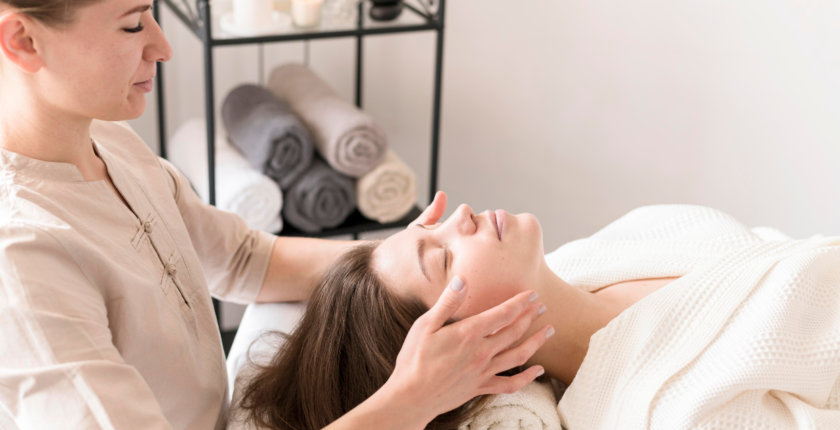What is beauty therapist ?
Understanding the Role of a Beauty Therapist
- Skincare Treatments: Beauty therapists specialize in various skincare treatments, including facials, exfoliation, masks, and peels. They assess clients’ skin conditions and recommend appropriate treatments to address specific concerns.
- Hair Removal Techniques: Proficient in various hair removal methods such as waxing, threading, and sugaring, beauty therapists provide hair removal services tailored to their clients’ preferences.
- Makeup Application: Offering makeup consultations and application services for special occasions or everyday looks is also part of a beauty therapist’s skill set.
Responsibilities and Skills
- Client Consultation: Conducting thorough consultations to understand clients’ needs, skin types, and concerns is crucial for offering personalized services.
- Product Knowledge: Being knowledgeable about skincare products, makeup brands, and their ingredients enables beauty therapists to recommend suitable products for clients.
- Sanitation and Hygiene: Maintaining cleanliness and adhering to strict hygiene protocols in their workspace is a fundamental aspect of a beauty therapist’s responsibility.
- Communication Skills: Effective communication is key to building rapport with clients, understanding their preferences, and ensuring satisfaction with the services provided.
Services Offered by Beauty Therapists
- Facials and Skin Treatments: From deep cleansing facials to anti-aging treatments, beauty therapists offer a range of skincare services tailored to address various skin concerns.
- Body Treatments: Services like body wraps, scrubs, and massages help clients relax and rejuvenate, contributing to overall wellness.
- Hair Removal Services: Expertise in different hair removal techniques allows beauty therapists to provide smooth and effective hair removal solutions.
Qualifications and Training
- Formal Education: Many beauty therapists undergo formal training at accredited beauty schools or institutes, where they learn theoretical knowledge and practical skills.
- Certifications: Obtaining certifications in specialized areas like skincare, makeup artistry, or specific treatments adds credibility and expertise to a beauty therapist’s profile.
- Licensing: Depending on the region or country, beauty therapists may require licenses to practice professionally.
Career Opportunities and Growth
- Spas and Salons: Beauty therapists often find employment in spas, salons, wellness centers, or even healthcare facilities, offering a wide array of services to clients.
- Entrepreneurship: Some beauty therapists opt to start their own businesses, offering freelance services or establishing their spas or skincare clinics.
- Continuous Learning: Staying updated with the latest trends, techniques, and skincare advancements through workshops, seminars, or further education is crucial for career growth.
Beauty therapists play a pivotal role in helping clients achieve their desired aesthetic and wellness goals. Their expertise in skincare, hair removal, makeup application, and client consultations contributes significantly to the beauty and wellness industry. With a combination of skills, knowledge, and a passion for enhancing the beauty and confidence of their clients, beauty therapists create a positive impact in the lives of many.


